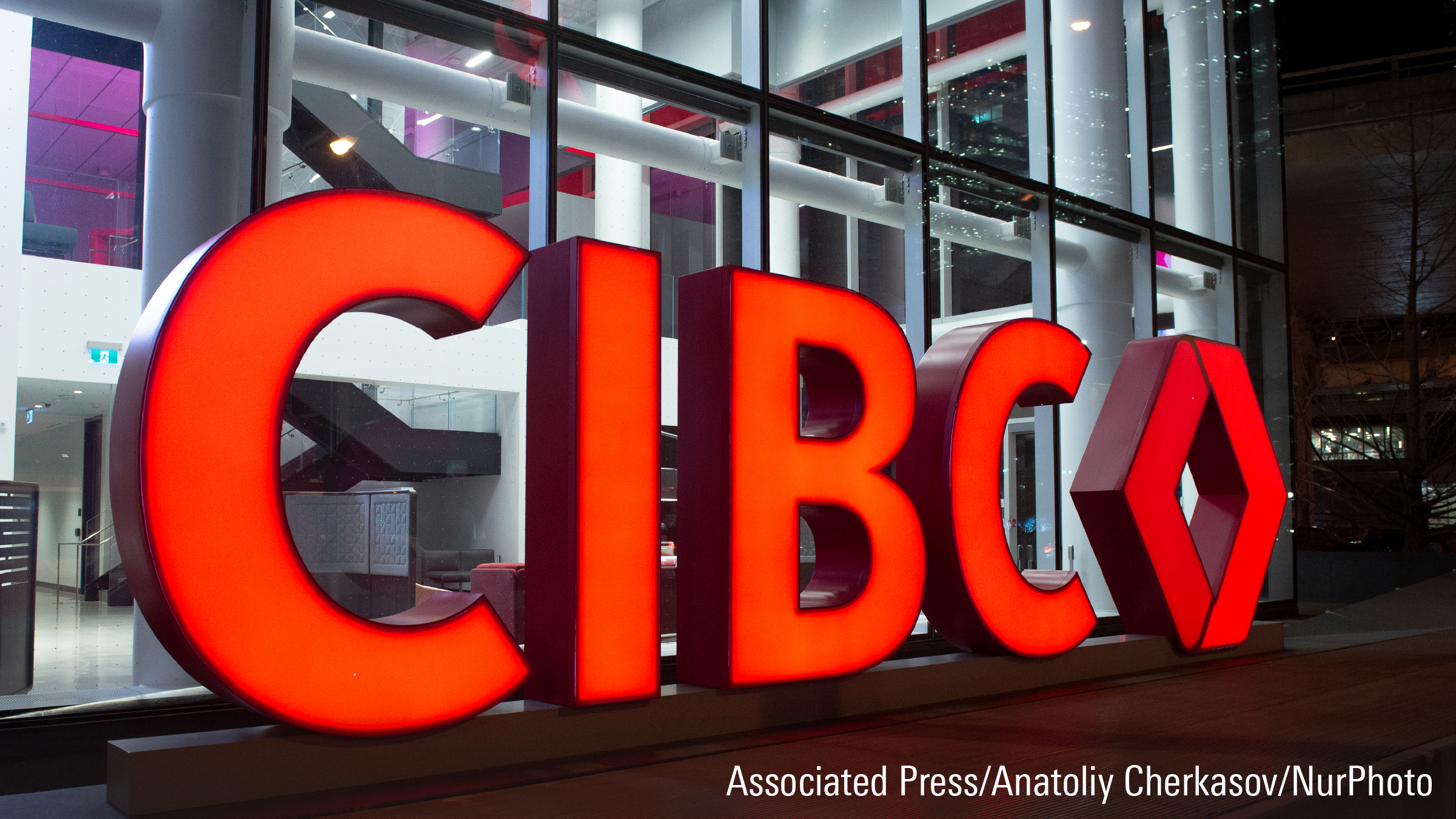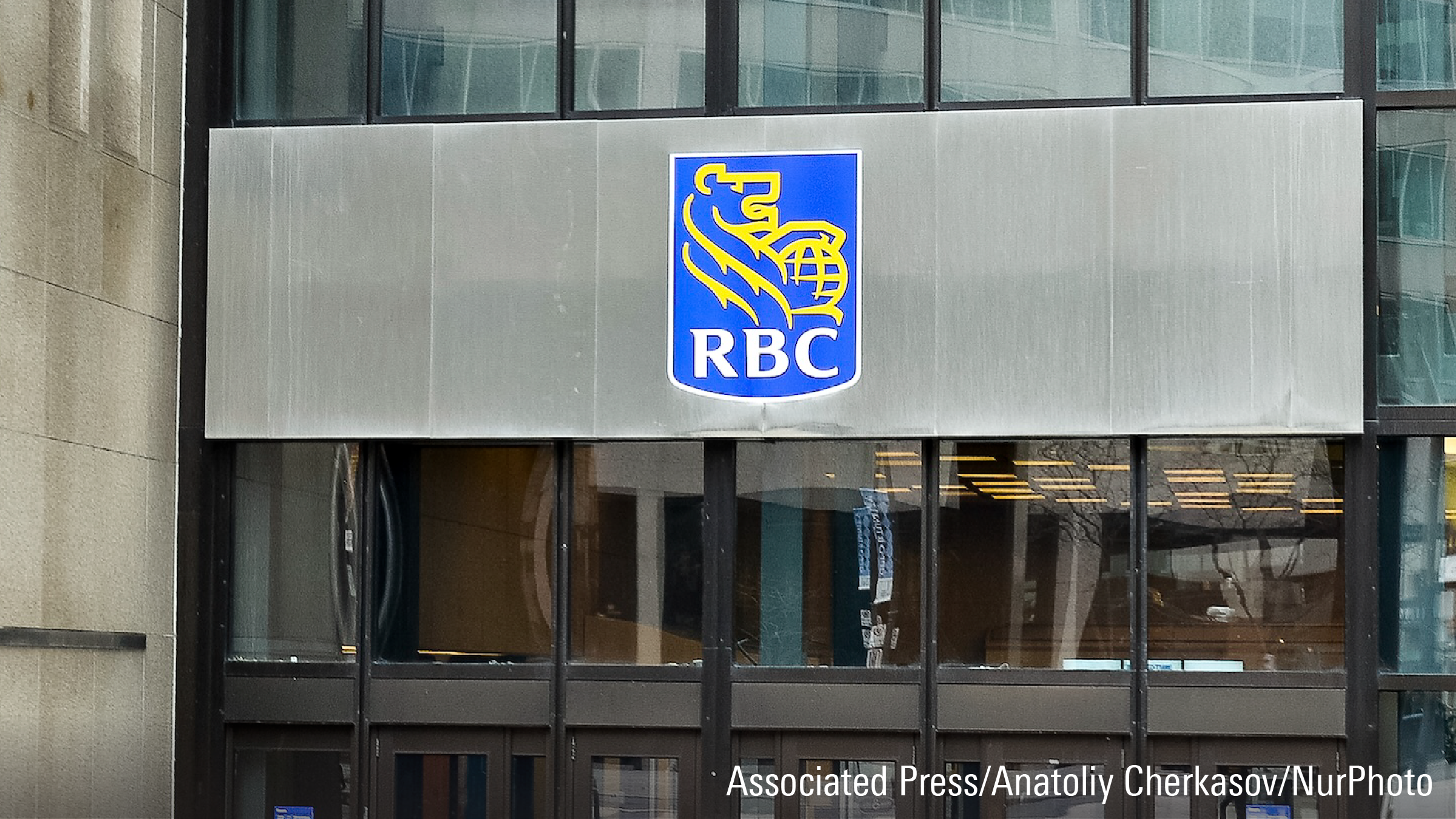
The managers of Vanguard Global Dividend are pooling their expertise to achieve a dividend yield that beats the fund’s selected benchmark, the FTSE Global Developed Index, while also delivering healthy capital gains over the long-term.
The actively managed fund focuses on large-cap global stocks, and is run by two subadvisors, the Vanguard Group Inc. of Malvern, Pennsylvania and Wellington Management Canada ULC of Boston, Mass.
Two heads are better than one
The dual manager approach is complementary. The Vanguard side concentrates on qualitative stock-picking techniques while Wellington takes a fundamental, bottom-up approach. Vanguard is responsible for managing about 35% of the fund’s assets, while Wellington manages 65%.
This split decision-making offers investment style diversification and the potential for a superior risk-return tradeoff relative to single advisor-managed funds.
“It’s like peanut butter and jelly,” says Matthew Jiannino, client portfolio manager and head of quantitative equity product management at Vanguard. “The approaches mesh together well and can result in higher returns with lower volatility.”
How Vanguard picks its stocks
For Vanguard’s part, its qualitative approach is in line with “growth at a reasonable price” and involves running models that screen for stocks that can grow faster than their peers. The team examines a company’s return on equity, return on assets, earnings momentum and looks for a healthy capital structure without undue leverage.
“We also look at sentiment and stock price momentum,” Jiannino says. “Sometimes there is more information in the market than you can see on financial statements.”
Because it’s an income-oriented fund, the dividend yield of holdings is important. The Vanguard team targets an overall yield that is at least 130% of the broad market index. As of November 30th, the yield on the entire portfolio of Vanguard Global Dividend was 3.5%, relative to 2.4% for its benchmark index, exceeding the target.
While the entire portfolio recently contained 145 stocks, the Vanguard portion is about 80 to 90 names and the Wellington portion was recently about 55 names, with a target range of 50 to 80. There can be some overlap, as the groups operate independently.
Wellington’s bottom-up approach
On the Wellington side, stock selection is a bottom-up exercise, says Boston-based fund manager Andre Desautels, senior managing director, partner and equity portfolio manager with Wellington.
Although he makes no predictions about macro-trends such as economic growth or the direction of interest rates, he does try to be cognizant of any dark clouds that may be accumulating and creating risk.
“Without prognosticating, we’re late in the economic cycle and there is risk associated with leverage in some companies and industries,” Desautels says. “Valuations are also quite extended from some companies that many people regard as ‘safe compounders’ after several years of strong performance.”
Although a trade deal between the U.S. and China appears closer to a compromise, he isn’t investing based on any assumption of success but says a meaningful deal could result in greater-than-anticipated growth.
“There is no stock in the portfolio where the thesis rests on a successful conclusion to the trade issues,” he says. “If the conflict does clear up, the bigger effect would be on cyclical stocks and materials.”
Portfolio construction
Vanguard Global Dividend has a 2% weighting in China, but the holdings aren’t reliant on overall economic growth, Desautels says, and tend to be utility-type businesses involved in water and natural gas distribution, or cell phone towers.
On a geographic basis the largest allocations are to the U.S. at about 43%, with Europe at 34% and the Pacific at 13%. Desautels annual turnover objective is a relatively low 20% to 30%, and he prefers to hold for the long term.
Financials are the largest sector weighting in the fund at 24% of assets followed by health care at 12% and technology at 10%. The focus in health care is on companies that are less sensitive to economic cycles, including Pfizer and AstraZeneca Plc AZN.
“Dividends are an important component but what matter most is the free cash flow generation behind the dividend,” he says. “We look for companies that are fairly valued from a cash flow perspective and that can grow their dividends without overstretching the business. We like companies that can create value year in and year out, through dividends, share buybacks and growth.”
Stocks in focus
Most stocks tend to be large capitalization, and the portfolio has a median market cap of $65 billion, it does own some smaller cap firms. One such holding would be Hellenic Telecom, the dominant telecom provider in Greece.
Among the top holdings are AXA SA CS, a France-based global insurance company with an attractive valuation and healthy dividend yield. Another key holding is Philip Morris International Inc., a non-U.S. cigarette business with global reach. Desautels considers the tobacco giant to be “effectively a consumer staples company” with high returns on invested capital and strong free cash flow, trading at a discount to its competitors.
Vanguard Global Dividend owns a few Canadian firms, including TC Energy Corp (TRP), an energy firm where a high proportion of earnings come from utility-like operations such as pipelines. The firm has secure contracts and its fortunes aren’t tied to oil and gas prices, says Desautels.
“TC Energy is a utility-type business but trades at a discount to other utilities,” he says. “It is somewhat tainted by its classification in the energy sector, as that sector has been out of favour.”
The fund also holds Bank of Nova Scotia (BNS), which like all the big Canadian banks benefits from the business oligopoly enjoyed by the Canadian industry. BNS has seen some hiccups in its expansion in Latin America, and therefore trades at a discount to other Canadian banks and has a slightly higher dividend yield, Desautels says, but he is optimistic about its international operations longer-term.
Investing in the low carbon economy
Learn about the companies best positioned to survive and thrive








.jpg)













